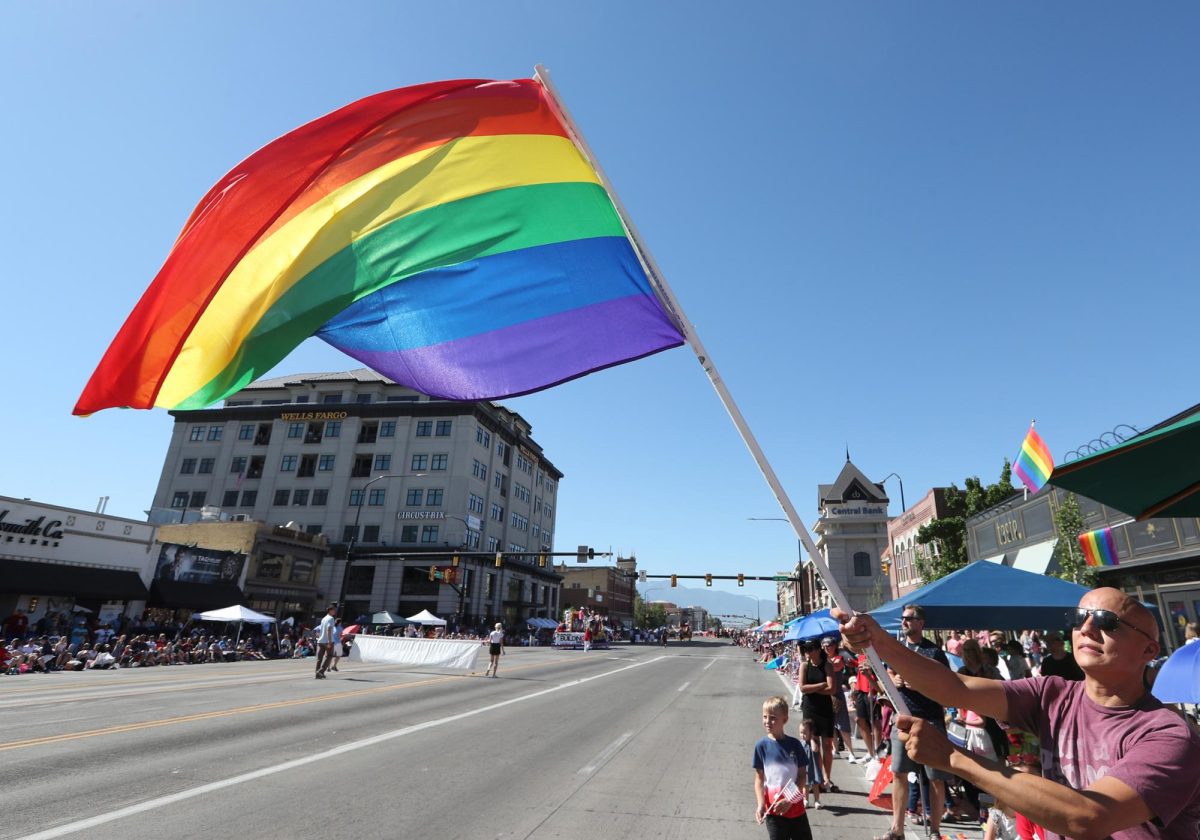
Students gathered together on Wednesday afternoon to listen to LGBT advocate and transgender researcher Lindsey Wright talk about advances in healthcare research within the LGBT community.
“There has been a large increase in academic and private institutions focusing on the welfare of this community,” said Wright.
Wright is focusing her research on female-to-male [FTM] transformation and chest reconstructive surgery. She believes that having this research available will help many people understand why these types of surgeries are very important.
Wright also explained that the United States Department of Health and Human Services has recognized the LGBT community, adding that this was significant because it is one more step toward the LGBT community being treated equally. The department is working on initiatives to gain more information about the LGBT community and to better serve the community in the healthcare department.
Wright said that many people in the LGBT community feel very uncomfortable going to a general practitioner to get their healthcare needs met. She explained that many don’t seek out healthcare because they are afraid of being judged.
Alisha Stucki, LGBT awareness chair on the WSUSA Diversity Board, knows the uncomfortable feeling that Wright speaks about. Stucki identifies as transgender and has even thought about getting chest reconstructive surgery. Her main issues with healthcare is getting insurance.
“We are a community that doesn’t typically have health insurance,” Stucki said.
The LGBTQ community, according to Stucki, is a minority group that finds it hard to find full time jobs. Most, like Stucki, are only employed part time and don’t have the healthcare needed. She feels as though many are judged for their sexual orientation, which makes it hard to find a decent job that has a healthcare plan.
There are also limited resources that are currently offered to the LGBT community. Wright showed a list of doctors within Salt Lake City that offer reconstructive surgery—or felt comfortable offering surgery—to the LGBT community, and there were only five doctors on the list. This short list of doctors took her at least six months to create.
Wright hopes that one day her research will go toward helping many in the LGBT community gain the support from insurances companies to help them through the process.
Another study that is being performed currently is chronic illness in the aging LGBT population. This study is still in its infancy, and data have yet to be collected.
Kathleen Cadman, assistant professor of the Weber State nursing program, used to work in long-term care for the elderly and has met many that identify as a part of the LGBT community. She has seen many individuals struggle with their own identities as well as their health once they are placed in these long-term facilities.
Students who are struggling with their identity or sexual orientation can reach out to the LGBT Student Support Group. To find more information about when and where they meet go to weber.edu/counselingcenter.













